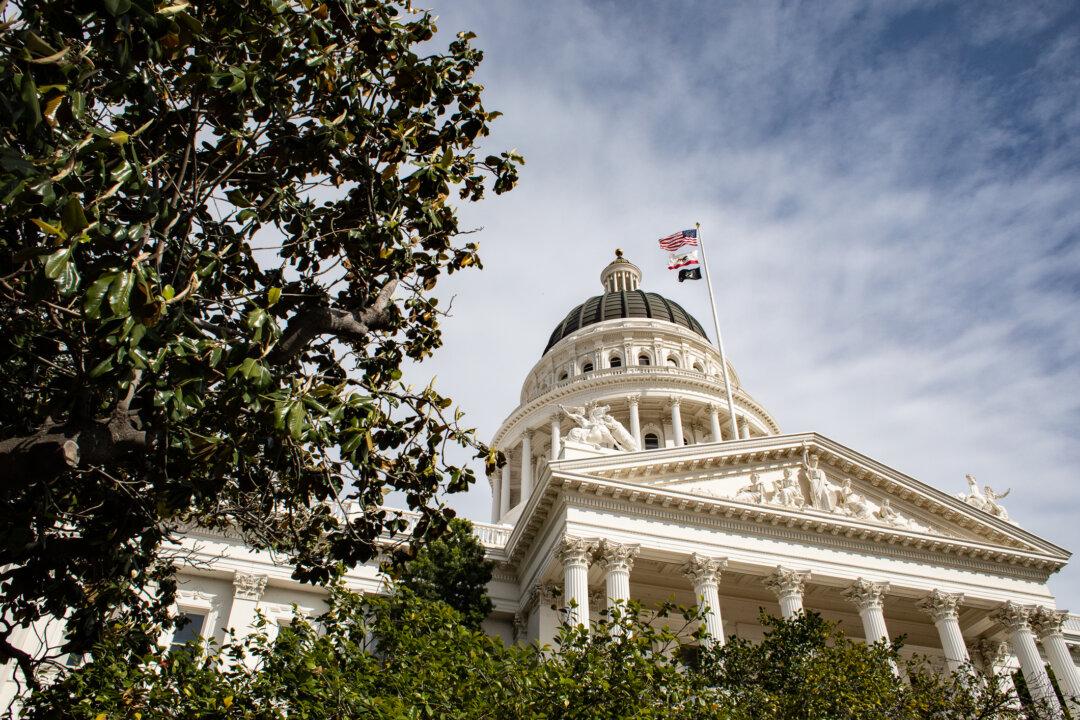More money was spent lobbying government officials in California in 2023 than ever before, with approximately $480 million used to impact the decision-making process, according to data compiled by the Secretary of State.
The amount was an increase of about $40 million from the previous record set in 2022.





